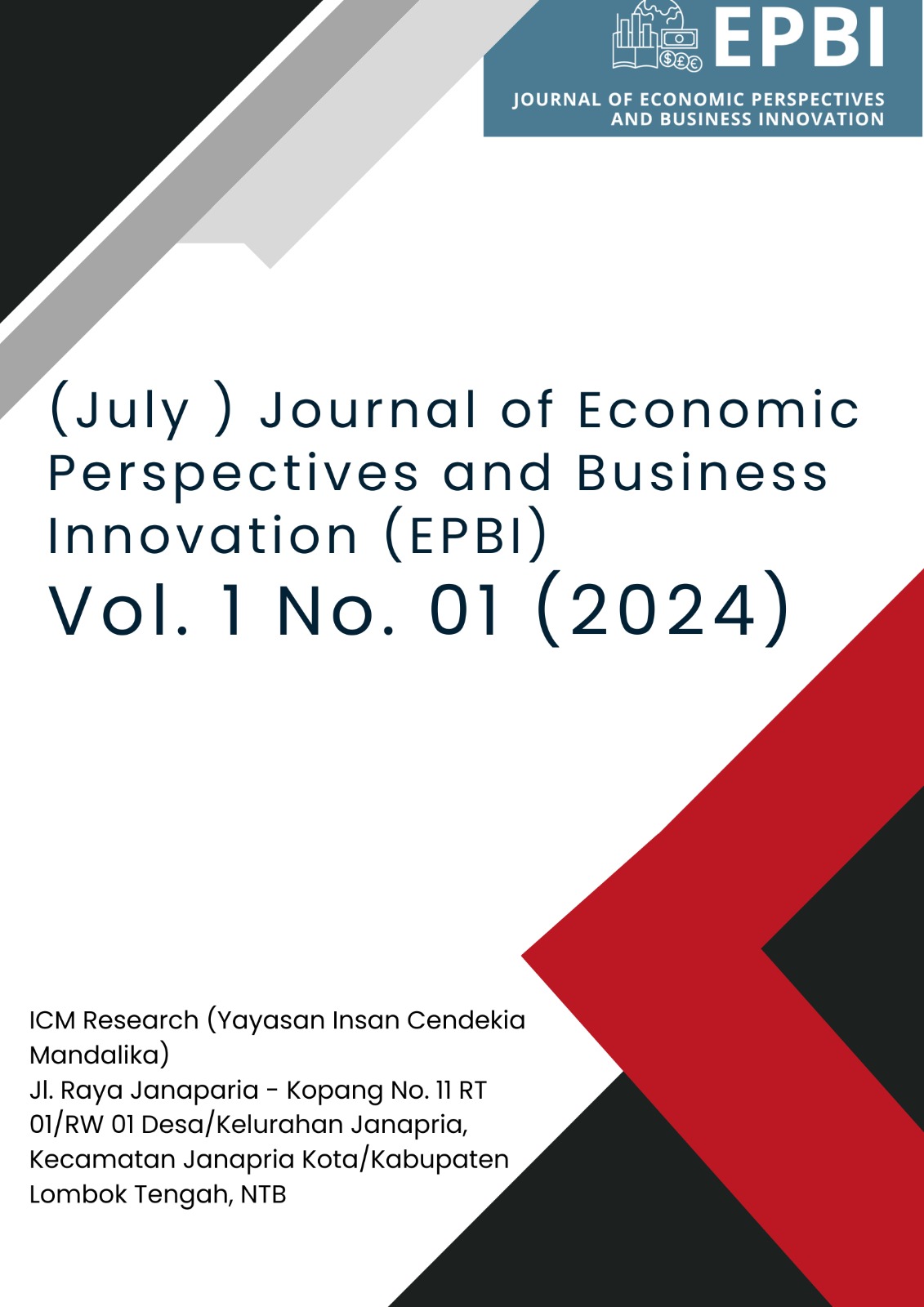Green Economy and the Contribution of Ulama: Building a Model of Sustainable Economic Independence in the Coastal Region of Madura
Keywords:
green economy, ulama, sustainable development, coastal communities, MaduraAbstract
AbstractThis study aims to explore the contribution of ulama in promoting the green economy and building a model of sustainable economic independence in the coastal region of Madura. Coastal communities face various environmental and economic challenges, including resource depletion, climate vulnerability, and limited access to sustainable livelihoods. This research adopts a qualitative descriptive approach through interviews, observations, and literature analysis involving ulama, community leaders, and local economic actors. The findings reveal that ulama play a strategic role in fostering environmental awareness, ethical economic behavior, and community empowerment through religious teachings, social institutions, and local initiatives. By integrating Islamic values with green economy principles, such as environmental conservation, sustainable resource management, and social justice, ulama contribute to strengthening community resilience and economic self-reliance. The study concludes that collaboration between religious leaders, local communities, and government institutions is essential to develop a sustainable green economy model that supports long-term economic independence in the coastal areas of Madura.
Keywordsgreen economy, ulama, sustainable development, coastal communities, Madura






